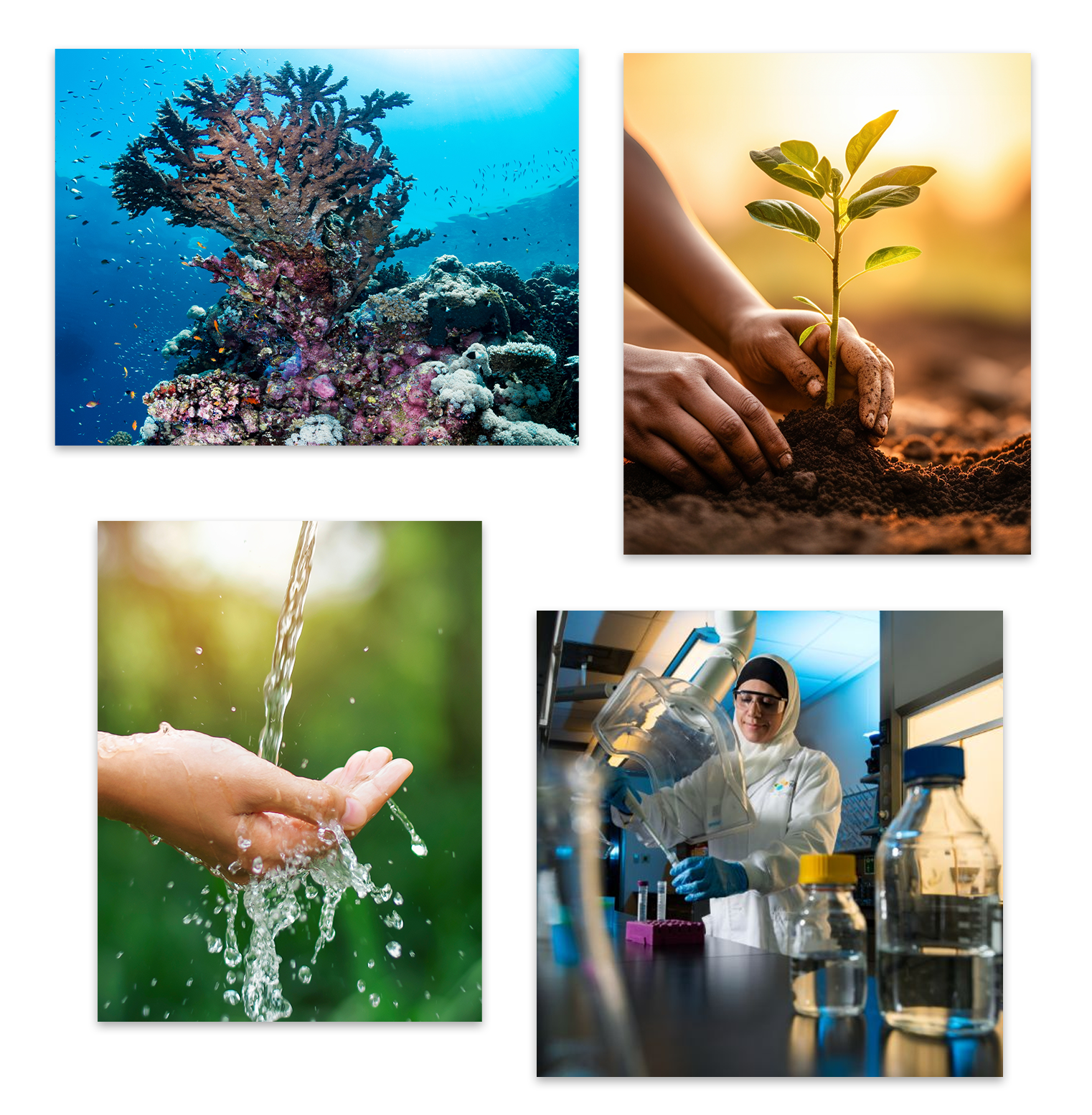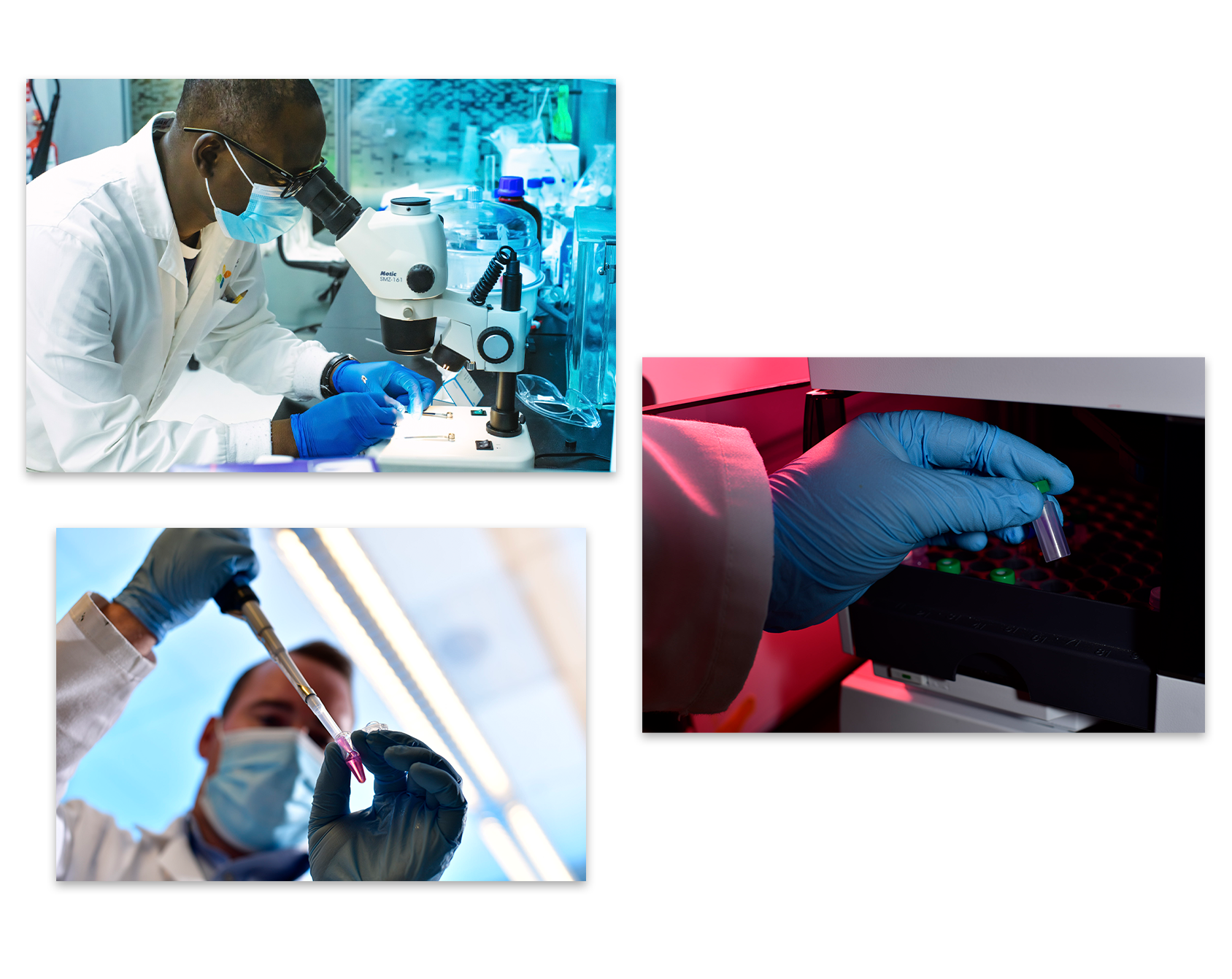Guided by Discovery
Identified by Impact

We are dedicated to advancing the understanding and management of marine, terrestrial, and human biology to ensure food, water, and soil security within healthy communities.
We offer master’s and Ph.D. degrees in science and engineering.

Discover data that highlight the strength, diversity and impact of our vibrant research community.
Explore our featured campaigns showcasing the bold ideas and impactful solutions driving BESE's mission.
29 January, 2026
A unified protocol for chemical genomic screening aims to improve reproducibility and collaboration in addressing antimicrobial resistance.
27 January, 2026
Soil shapes a host gene and the microbiome, enabling growth in low pH, iron-rich conditions.
22 January, 2026
21 January, 2026
Ensuring sustainable management of coral reef fisheries could provide food security and public health benefits for generations to come.
11 January, 2026
Blueprint of blood cell development traces molecular pathways of health and disease.
Feb 2026
BESE 398 Graduate Seminars Series
Bridging Science and Practice: innovation, challenge, and defining successDr. Nicole Crane
Feb 2026
Professor Jasmeen Merzaban
In BESE, we advance scientific discovery and innovation through interdisciplinary collaboration, addressing global challenges with impactful research. Join us in shaping a sustainable future through excellence in science and technology.